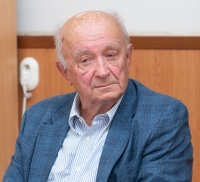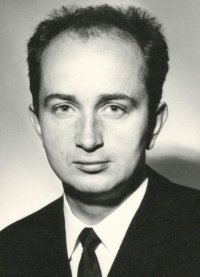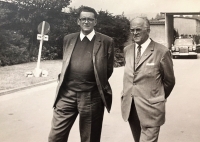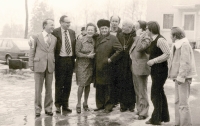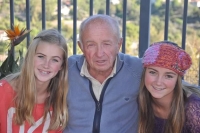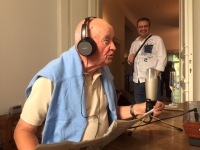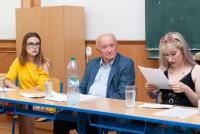Believe in yourself and do what you think is right

Stáhnout obrázek
Jiří Malášek was born on August 1, 1938 in Olomouc. Later, the family moved to Brno, where the father Jiří Malášek Sr. worked as a high school professor. In 1947, the family moved to Prague, where the father worked as a councillor at the Ministry of Education. In December 1948, he was arrested and later sentenced to sixteen years. The children were not spared from dossier problems. Jiří trained as a toolmaker and later graduated from a higher technical school. In 1964 he emigrated together with his wife Naďa to Vienna, from where they later moved to Munich. After rough beginnings, Jiří Malášek got a job at Radio Free Europe/Radio Liberty in 1965, where he established himself as an announcer and later as an editor. In 1968, Jiří‘s parents and eldest sister immigrated to the Federal Republic of Germany. In exile, Jiří Malášek was also involved in the lay Catholic association Opus Bonum. He was friends with abbot Anastáz Opask. At Free Europe, his close colleagues and friends included, for example, the singer-songwriter Karel Kryl and the poet and lyricist Jan Schneider. He left Free Europe in 1994 and the following year founded the manufacturing companies Gemi and Westfalia in Hustopeč and then Linden and Cromtryck in Moravia. Since 2016, he has lived permanently in Prague with his wife.
